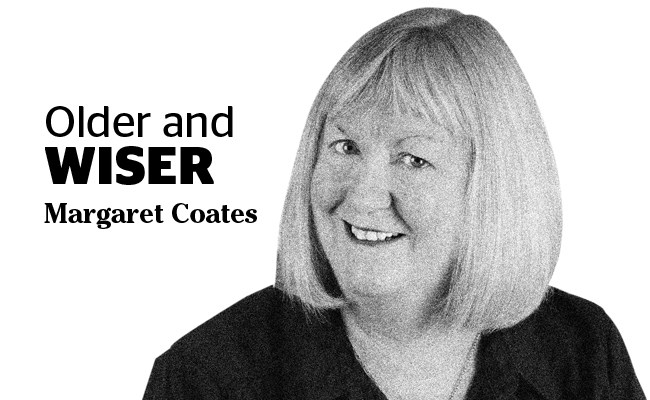World Mental Health Day will be celebrated around the globe Oct. 10.
The day was first established in 1992 by the World Federation for Mental Health as a means to bring education and awareness to people about mental health and a means to advocate against social stigma.
Seniors are not immune from mental health issues. The Mental Health Commission of Canada’s website states that, “More than 1.8 million people over 60 years of age were living with a mental health problem or illness in Canada in 2016. As people live longer, our approach to mental health must account for the changing needs and increasing numbers of older adults living with mental health problems and illnesses.”
The commission also states that as people with a mental health issue age, they may also have to deal with the stigma of aging itself. The World Health Organization’s website states that the most common neuropsychiatric disorders in the older adult age group are dementia and depression.
They also list anxiety disorders, substance abuse problems and self-harm as concerns for those aged 60 or older. As seniors age there are naturally going to be changes, but we should be aware of some warning signs which could indicate a mental health concern.
These might include episodes of sadness or depression that last longer than two weeks, social withdrawal, unexplained fatigue, energy loss or sleep changes, confusion, changes in appetite and weight, memory loss, feelings of worthlessness, thoughts of suicide, inappropriate guilt, problems maintaining home, changes to appearance or dress, and trouble with finances. Are we looking after those in our aging population with regards to mental health issues?
The Mental Health Commission states that mental health problems in older adults affect every family in Canada in some way and that age should not limit access to quality mental health services. They are working on strategies to deal with the problem including, building capacity to promote mental health in seniors and promoting guidelines for mental health services.
The World Health Organization suggests the following as ways to support seniors with a mental health issue: providing security and freedom; adequate housing through supportive housing policy; social support for older populations and their caregivers; health and social programs targeted at vulnerable groups, such as those who live alone and rural populations, or who suffer from a chronic or relapsing mental or physical illness; programs to prevent and deal with elder abuse; and community development programs.
The Mental Health Commission states “that community-based services and primary care providers have an important role to play in helping people stay mentally well and successfully manage the wide range of mental health problems and illnesses they can face as they age”.
On the North Shore, the Older Adult Mental Health Team, a community-based service, supports seniors who have a mental health issue.
They provide specialized assessment and consultation, facility liaison consultation, treatment/case management, education, individual occupational therapy assessments, psychosocial day program, peer support, and group programs. They can be reached by calling 604-982-5600.
As the population ages on the North Shore we can also benefit from the age-friendly and dementia-friendly strategies that people are working on. These include strategies for building more environments that are age and dementia friendly, looking at housing options so we can better house seniors, getting information and support to isolated seniors who may be at a greater risk for a mental health issue, supporting seniors centres and programs which can often be the first line of contact for a senior who may be developing a mental health concern, and being inclusive and welcoming.
As the Mental Health Commission notes about the mental health issues of an aging population: “If left unaddressed, the increasing pressure on the healthcare system will have significant social and economic impacts. And many caregivers are aging adults themselves, so addressing their mental health concerns now will help improve the quality of life for countless more people as they grow older.”
Margaret Coates is the co-ordinator of Lionsview Seniors’ Planning Society. She has lived on the North Shore for 48 years and has worked for and with seniors for 20 of those years. Ideas for future columns are welcome: [email protected]



